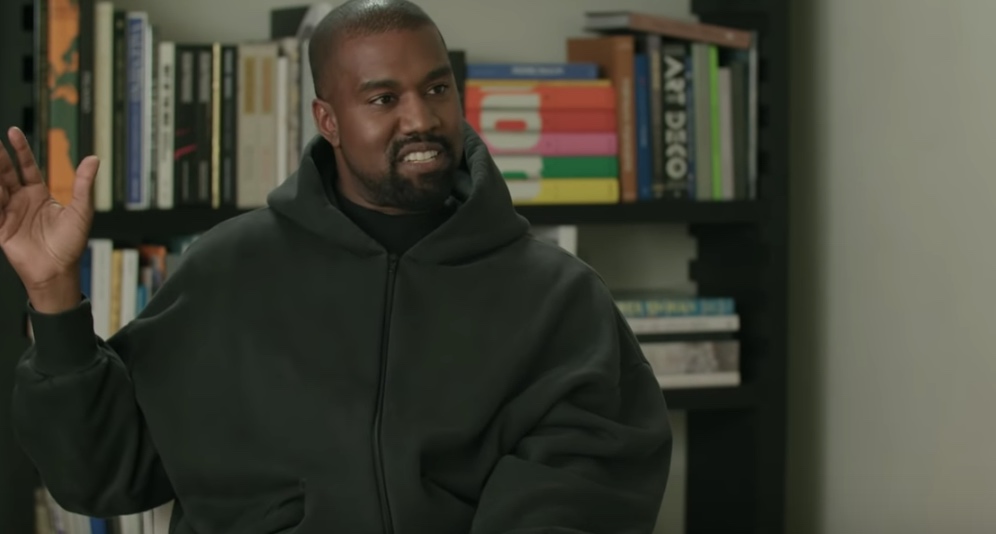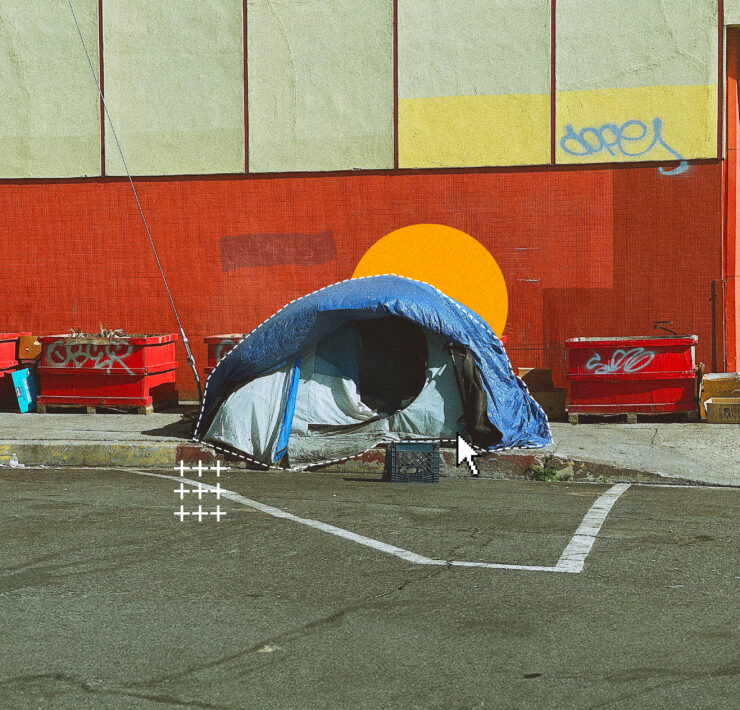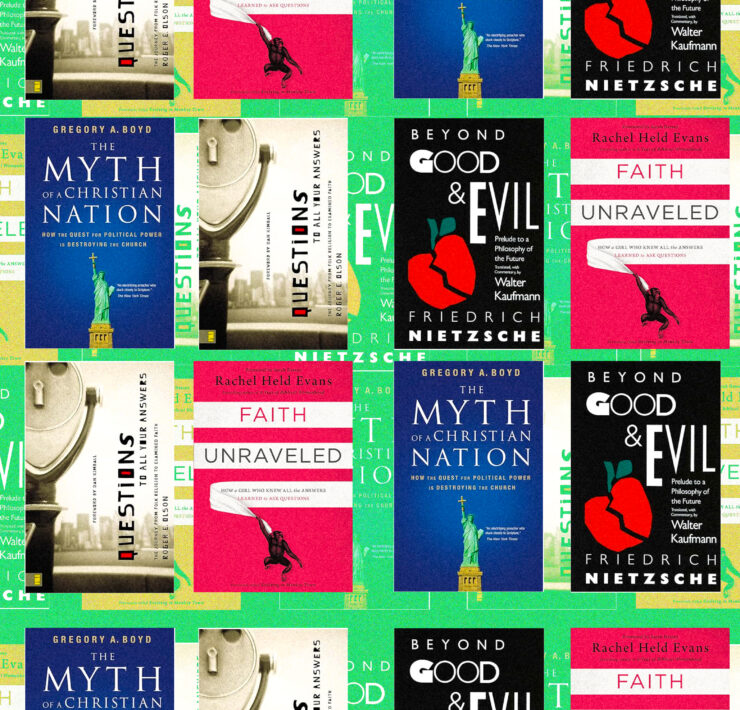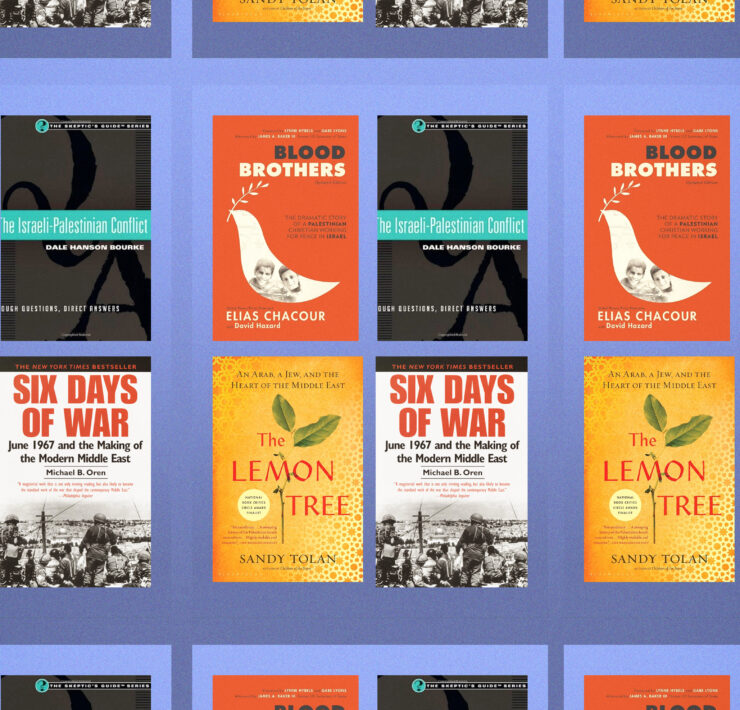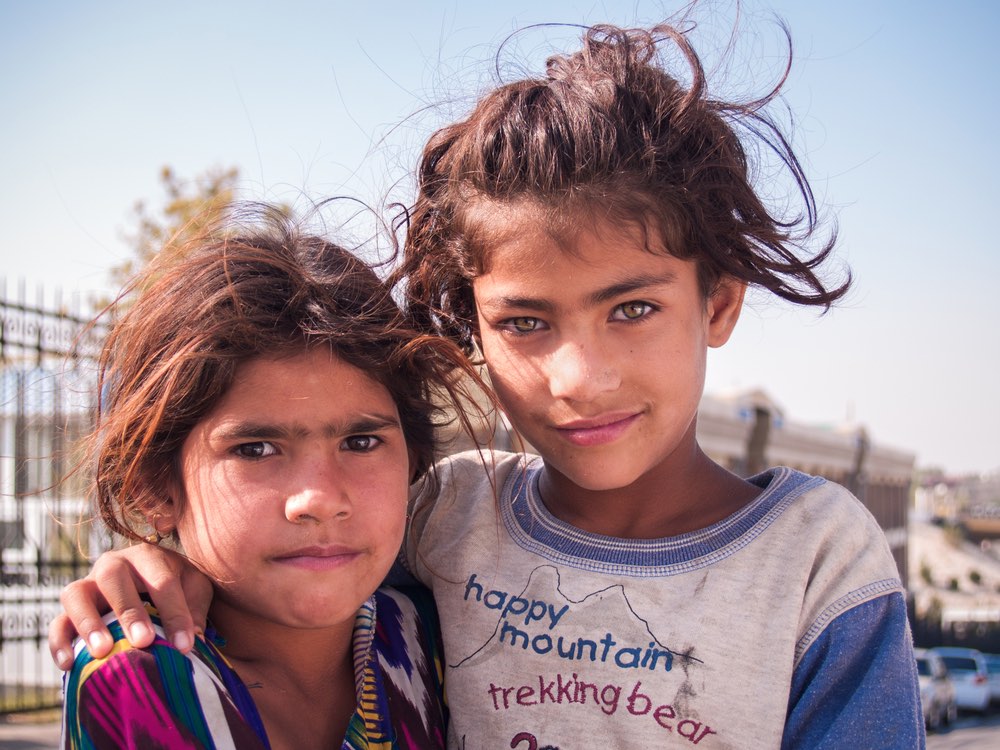
A friend just asked a question which got me thinking down some heavy pathways. I’m going to try to get this down before it fades. I’ll need to connect some dots, so bear with me.
Living in Nicaragua made me less judgmental. That surprised me. I was extremely judgmental before I moved. I had a set of unrighteous behaviors and choices for which I judged those around me, friends and strangers alike. I knew I had a problem, but so did they have a problem! Look at all that unrighteous behavior!
My heart was ugly. Who knows, maybe I was right about their poor choices, but my anger and superiority were vile. Then I moved to Nicaragua. Then I became a missionary, a Jesus follower willing to leave his comfortable home and life to suffer for the Gospel and live in an impoverished nation without an air conditioner or a dryer. If pride is the root of being judgmental, you might predict I would become unbearable.
Instead, I crashed and burned. I slammed into culture shock, suffered heavy depression, failed in a whole slew of ways, and got way too near the edge for comfort. Instead of becoming more self-righteous, I came face to face with how we are, all of us, a bunch of train wrecks and disasters. No, some of us don’t realize it, but we all are. Grace is greater. Grace is greater than our train-wreckedness. Grace is greater than our unrighteous behaviors. Grace is even greater than our unbearable self-righteousness. Thank God.
I didn’t do nearly the good I had hoped to do, but I did some. I loved some people, far more feebly than I imagined I would. I didn’t change the world. I didn’t change the culture. But I learned this: We want, desperately, to see ourselves as good. But doing good costs much more than most of us are willing to pay, and being good? Oh, seriously. So we work out a very narrow, very circumscribed standard for our own goodness. This likely has nothing to do with God’s view of us. We just need to be acceptable in our own sight.
Jumping tracks now, but not really: Short-term missions. Short-term missions are a perfect example of both an opportunity to know Jesus and an opportunity to feel good about our own goodness. We can sacrifice for two weeks. We can get dirty and suffer inconveniences and image ourselves to be laying down our lives for the Gospel. I know, it sounds like I’m mocking short-term missions. I led eight of them. I believed in them. Because I went on them, my family and I moved to Nicaragua for seven years. I think we did certain things very well on our short trips. We loved some people, we built relationships, we did some good. I regret nothing. I saw lives changed and I saw God do miracles.
And here is the difference between visiting Nicaragua to “do” a mission trip and living in Nicaragua: you can’t keep up the image of yourself as good when you live there. It’s hard. It’s hot, nothing works the way you think it “should,” and there are tropical diseases. People drive crazily and risk not just their lives but yours and your children’s. Jesus is there, but not in the way you imagined. Jesus isn’t there leading you to become a hero. Jesus is there teaching you faith through a poor costurera who can’t do simple arithmetic but is more generous with her humble talents than you will ever be with yours.
Why do we want to go on mission trips to Honduras or El Salvador and help those poor children but we don’t want to let those same children fleeing for their lives come into our country?
Here’s my answer: letting them come in, live near us, become citizens, and share in our resources requires more than a narrow, circumscribed version of acting good. We feel great about ourselves when we send out Samaritan’s Purse boxes. We helped feed hungry kids! But what happens when the hungry kids come to us? What happens when they have no way to support themselves but their parents have chosen to flee here so that they don’t starve or get murdered? A box isn’t going to do it.
Tell me this: Why does that choice they’ve made to come offend us? Because we’re all so committed to following every law? Seeking asylum is legal in our country. We have a history of desperate people escaping to our country. My ancestors did. Did yours?
I’m a Jesus follower. I have no argument for someone who believes that we should not share our resources with children who would otherwise be raped or burned alive in their homes, because “Why should our tax dollars have to go to them?” When I say “I have no argument” I mean we have no values in common from which I can argue. I can argue basic humanity and minimum requirements of mercy, but so far those have fallen on deaf ears. If the 10 cents or two dollars that would come out of your taxes are more important to you than a starving child’s life, and you truly believe this child deserves to sleep on a cement floor in worse conditions that we keep our convicted felons because “her parents broke the law,” then I have no hope of convincing you. We understand the world and our responsibilities in it differently.
Assuming you suffer when you see children suffer, I’m trying to speak to you as plainly as I know how: living next to children suffering all the time forces you to find a way to cope. You have to. I went home and ate dinner and fed my children dinner, and I knew some children close by were going hungry.
Yes, I tried to help–I lived there so I could help, I fundraised so I could help, we started a team and started a preschool to help–but they kept on suffering all around me. Do you know why? They’re poor. Poverty means suffering. We don’t have to see that, most of us, most of the time. I’m going crazy hearing these arguments of “Why should I care? How is that my problem? Why don’t they just obey our laws?” while I’m picturing my precious neighbor girls, Ansielli and Daniella, shivering and screaming for their mama in those cells. You and I know those arguments are abhorrent. But we also know, deep down, that we’re talking about a lot more now than going on a trip, doing some manual labor, and getting some photo ops with cute children.
We’re talking about traumatized children whom our own government has abused–intentionally, knowingly–and no rationalization can make us the good guys. Evil has been committed, in our names, against the very ones of whom Jesus said, “To such as these the Kingdom of God belongs.”
I’m not self-righteous. I saw suffering, day after day, and could not solve it, could relieve it only in minuscule ways, and — ready for the honesty bomb?— often had to focus on other things instead of taking it on directly just to be able to continue living there. Very few other missionaries that we knew in Nicaragua lived in the barrios with those suffering poverty. We did. Missionary friends told me we had achieved the best balance they had seen of being with the people and still staying rooted in the supportive ex-pat community. We did the best we knew how. And we failed and failed and failed.
I understand why people get excited about a short-term trip but shudder at the thought of wading in with undocumented people. I promise, if you commit yourself to doing something about this cruelty and abuse, you’ll be forced to face your own limits. I mean both the limits of your power and the limits of your generosity and goodness. What do you want to give up to offer someone else a better life? Is your comfort worth the chance of alleviating someone’s suffering? It may cost you and not work. Up for that?
Now let me tell you what we didn’t fail at: giving our hearts and loving people. We didn’t raise our neighbors and Nicaraguan family out of poverty–we’re still fighting that battle–but we loved them. We made one another family. My recent visit there reminded me. I would not trade any of it, including my depression and insomnia, nor the brutally eye-opening encounter with my own selfish, undersized heart; I would not trade the seven years we gave ourselves in Nicaragua for anything. In many ways, I wish we still lived there.
I’m trying to figure out my part in this immigrant crisis. Of course, there are many crises all over the planet every day and more suffering than we can possibly learn about, much less change. People use that as an excuse to do nothing. Again, I think that’s defining our “goodness” in such tiny ways that we succeed in our own eyes, while turning a blind eye to the pain around us. It’s so much harder to try and fail than it is to decide it’s not your problem and succeed in your own eyes.
I think following Jesus means letting him lead us past our safe and narrow belief in our own goodness. I think we learn our need for grace when we try to love beyond our capacity. I am not saying we sacrifice ourselves. I am saying we look at children in cages and ask God, “What do I do?”









